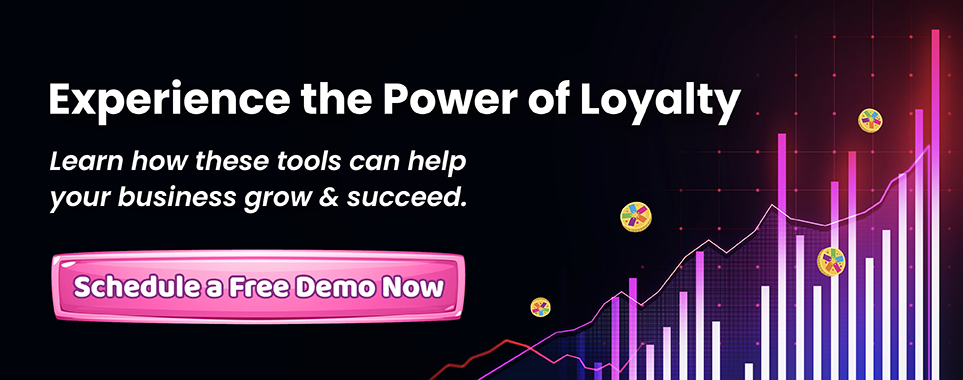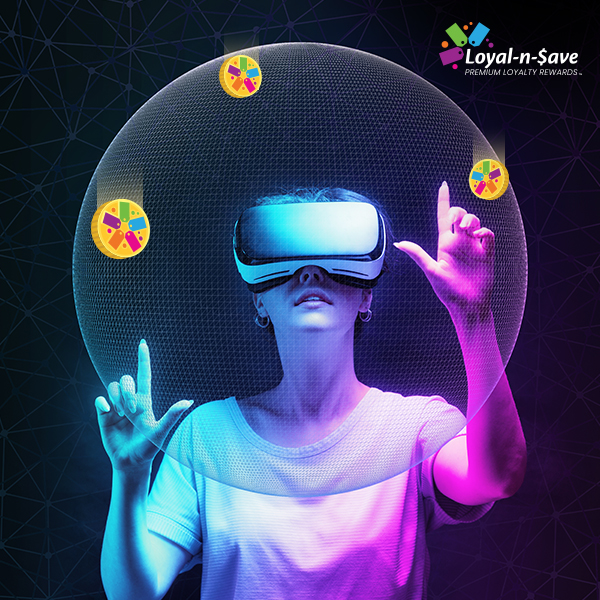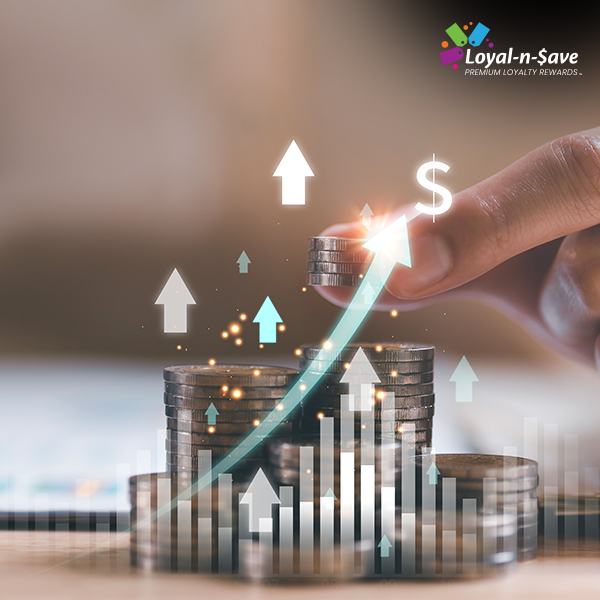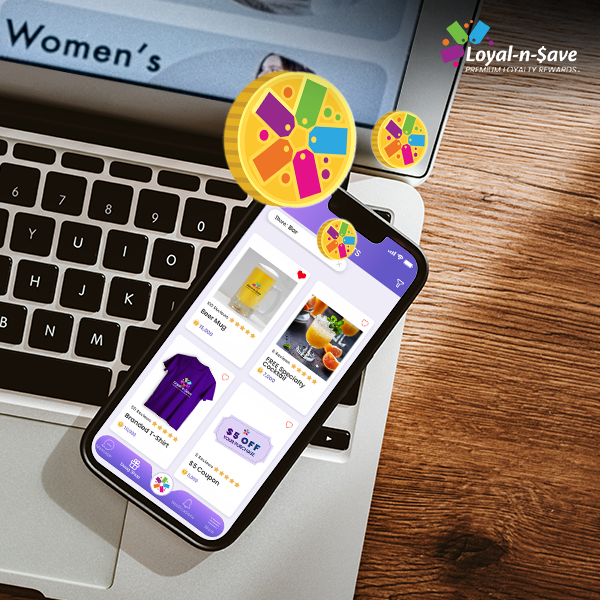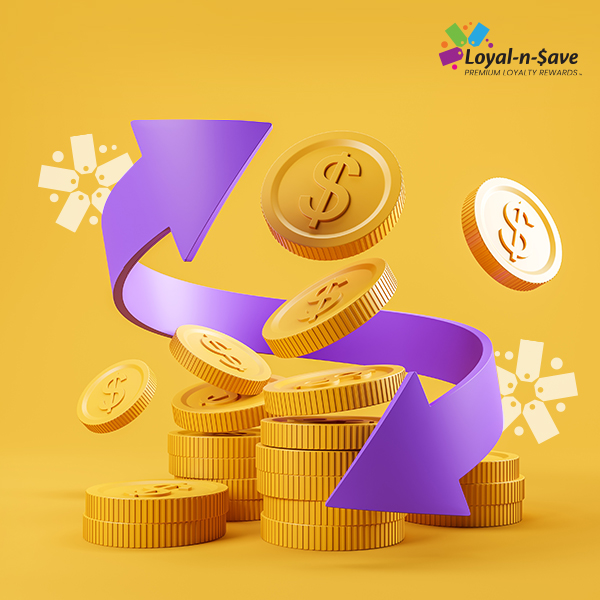The Benefits of a Loyalty Program Over Coupons & Vouchers
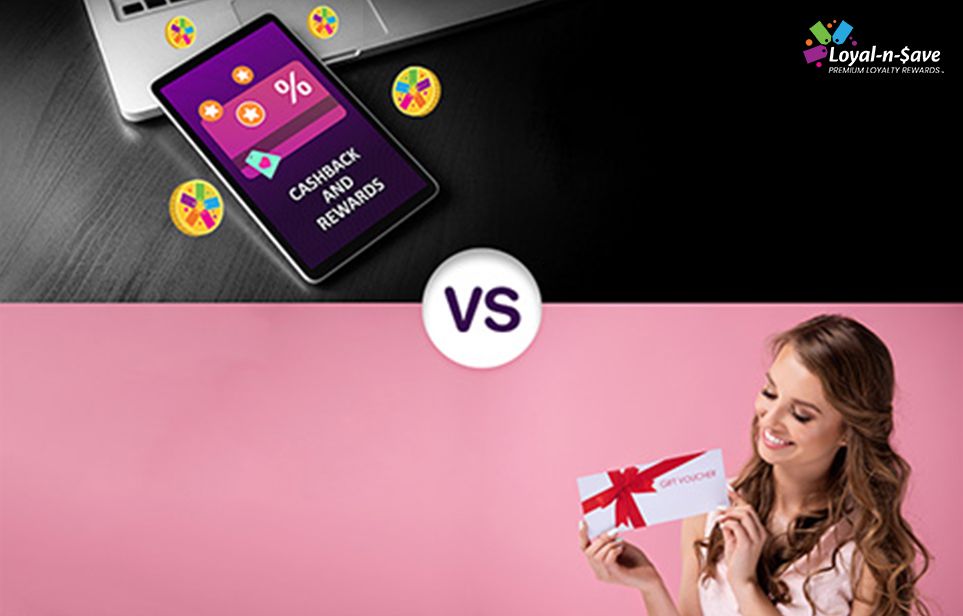
In retail and ecommerce sectors, discounts, coupons, and vouchers have long been the go-to strategies for attracting customers and improving sales. From flash sales to seasonal promotions, businesses often rely on these quick wins to drive traffic and increase conversions.
While these tactics can deliver short-term gains, they fall short when it comes to building long-lasting customer relationships. Once the discount is used, the incentive to return vanishes, and so do your customers.
That’s where loyalty programs come in.
Rather than offering fleeting value, a well-crafted loyalty program rewards repeat customer engagement, builds customer trust, and fosters long-term brand association. Compared to coupons and vouchers, loyalty programs benefit customers in several ways.

In this blog post, we will learn why loyalty programs can be better for businesses than traditional coupons or vouchers.
Understanding Coupons, Vouchers, and Loyalty Programs
When it comes to boosting sales and building customer loyalty, tools like coupons, vouchers, and loyalty programs play a key role.
This section unpacks how these strategies work and how they can enhance your business’s success.
What Are Coupons and Vouchers?
Coupons are effective marketing tools that offer a dollar amount or a certain percentage of the cost of registration (store purchases or add-ons). They take the form of printable coupons or online coupons that cover one-time purchases. Coupons have usage limits and are limited by date, type of event, or fee type (i.e., store purchases, registration fees, etc.).
Vouchers are documents or codes that entitle the holder to a specific offer or value. You can redeem vouchers in exchange for goods, services, or discounts.They work more like store credit and give one-time discounts to customers. It can be gift cards, loyalty cards, or emails. Each voucher is assigned a unique code, which can be used during registration.
What Are Loyalty Programs?
Loyalty programs are marketing techniques that encourage customers to continue making regular purchases from a brand or business. They are helpful in attracting and retaining more loyal customers.
Customers can reap several benefits from a loyalty program when they make purchases. The more frequently customers shop with a merchant and the more they spend, the bigger their rewards grow.
Downside of Coupons & Vouchers: Why They Are Not a Sustainable Strategy
Vouchers and coupons are powerful tools that help create urgency and attract quick sales, but they often come at a cost. While they might seem like a convenient option to boost traffic, overdependence on them can hurt your brand and bottom line in the long run.
Both coupons and vouchers encourage one-time purchases rather than building long-lasting customer relationships. Customers attracted by discounts often leave when the deal is over, making these promotions ineffective for driving long-term customer loyalty.
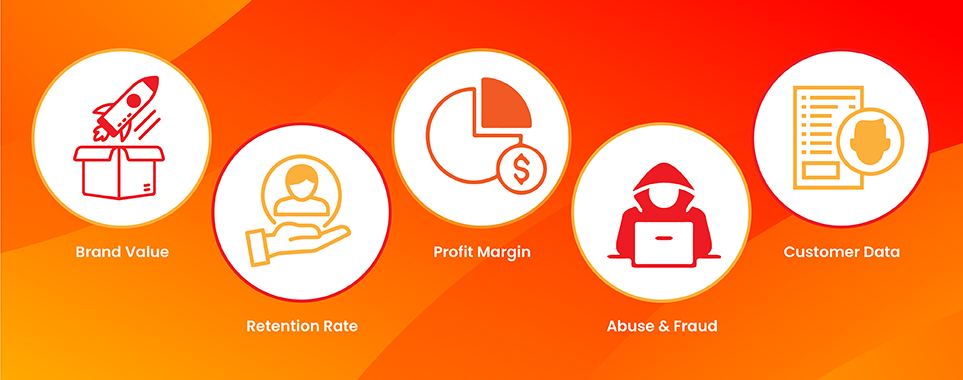
Here’s why coupons and vouchers are not a sustainable strategy:
1. Affects Brand Value
Frequent discounts can affect a brand’s perceived value. Suppose customers associate your products or services with constant markdowns. This could undermine the premium nature of your offerings and train buyers to wait for sales instead of paying the full amount.
2. Price-Sensitive Customers & Low Retention Rates
Coupons attract deal-hunters – customers are more loyal to price than brand. Such customers are less likely to return without another offer, which results in low customer retention rates and reduced brand attachment.
3. Profit Margin Reduction
Frequent discounts can significantly reduce your profit margins, mainly when used without a clear strategy. For small to mid-sized businesses, this loss in profitability can outweigh any short-term gain in sales volume.
4. Abuse & Fraud Issues
Coupons and vouchers are misused through unauthorized sharing, stacking discounts, or fraudulent redemptions. This abuse can result in unexpected losses and operational headaches without proper controls.
5. Limited Data Collection and Customer Insights
Unlike loyalty programs, coupons offer little for customer tracking or behavioral data. You get the sale – but not the relevant insights required to customize future offers or understand your target audience better.
How Loyalty Programs Outperform Coupons and Vouchers
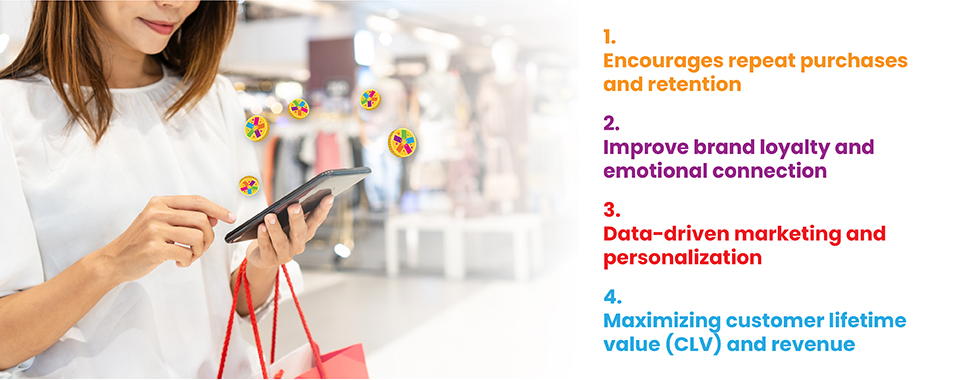
Coupons and vouchers drive short-term sales, while loyalty program benefits are for the long term and follow a strategic approach for customer engagement. Listed below are loyalty program benefits and a brief explanation of how they consistently outperform traditional discount tactics.
1. Encourages Repeat Purchases and Retention
Loyalty programs keep customers coming back to your store. By rewarding constant shopping behavior, this creates a sense of value and progress over time. Unlike one-time coupons and vouchers, loyalty programs nurture ongoing customer relationships, which increases the likelihood of repeat purchases.
2. Improve Brand Loyalty and Emotional Connection
Tiers, points, and exclusive rewards make customers feel recognized, valued, and appreciated. This emotional bond strengthens their connection with your brand not just for discounts but also for the experience and status they earn along the way.
3. Data-Driven Marketing and Personalization
Loyalty programs collect valuable customer data like buying preferences, purchase frequency, and habits. These useful insights allow you to customize promotions, product recommendations, and communication with customers, making your marketing more effective and relevant.
4. Maximizing Customer Lifetime Value (CLV) and Revenue
Loyalty programs boost CLV by focusing on long-term relationships rather than one-off deals. Loyal customers tend to spend more, shop more often, and are less price-sensitive, leading to sustained revenue growth.
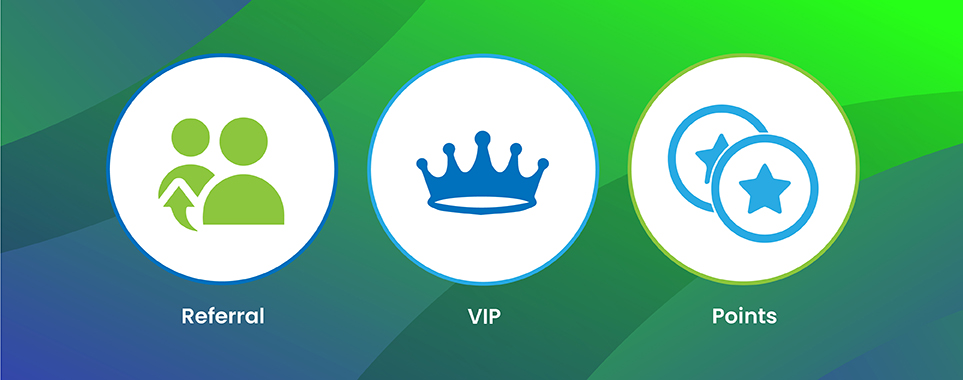
5. Flexibility and Customization
Unlike fixed-value vouchers or discounts, you can customize loyalty programs to align with your brand identity and goals—whether that’s referral bonuses, VIP tiers, or points per purchase. This flexibility helps you create a unique customer experience and stand out from competitors.
Key Differences Between Loyalty Programs and Coupons/Vouchers
| No. | Feature | Loyalty Programs | Coupons/Vouchers |
|---|---|---|---|
| 1. | Customer Retention | Builds long-term customer relationships and encourages repeat purchases | Drives one-time transactions with limited impact on long-term retention |
| 2. | Value Perception | Creates a sense of earned rewards and exclusivity, increasing brand perceived value | Offers temporary discounts or cost-saving tools, not value-added experiences |
| 3. | Usage Frequency | Customers engage consistently to collect points and reap benefits | Used occasionally or during promotions, not part of regular behavior |
| 4. | Customization | Highly customizable with tiers, personalized offers, and brand-aligned experiences | Limited customization is possible as there are fixed- value offers or discounts |
| 5. | Profitability | Drives sustainable revenue through higher CLV and repeat spending | Can reduce profit margins and hurt profitability if overused or poorly targeted |
Loyalty Program vs Coupons and Vouchers: Which Is Better for Your Business?
When it comes to customer incentives, most businesses weigh two popular options: loyalty programs and traditional coupons or vouchers. Both have their distinct place in a solid marketing strategy, but understanding their strengths and limitations is key to making the best choice for achieving long-term success for your business.
Coupons and Vouchers: The Quick Win
Both are effective tools for generating quick sales. They are easy to distribute, create urgency, and attract price-sensitive buyers. When used strategically during product launch, off-peak season, or clearance events, they can increase short-term revenue and clear inventory.
Overdependence on coupons and vouchers can hurt a store’s profit margin, attract one-time deal hunters, and dilute the brand’s perceived value. Customers expecting discounts may delay purchases or jump to a competitor who is offering a better deal. In the long run, this can impact customer loyalty and profitability.
Loyalty Programs: Sustainable Option for Long-Term Customer Relationship
Loyalty programs focus on retaining customers, rewarding repeat business, and encouraging brand engagement. Instead of offering immediate discounts, they provide value over time through points, exclusive customer rewards, VIP access, or personalized offers.
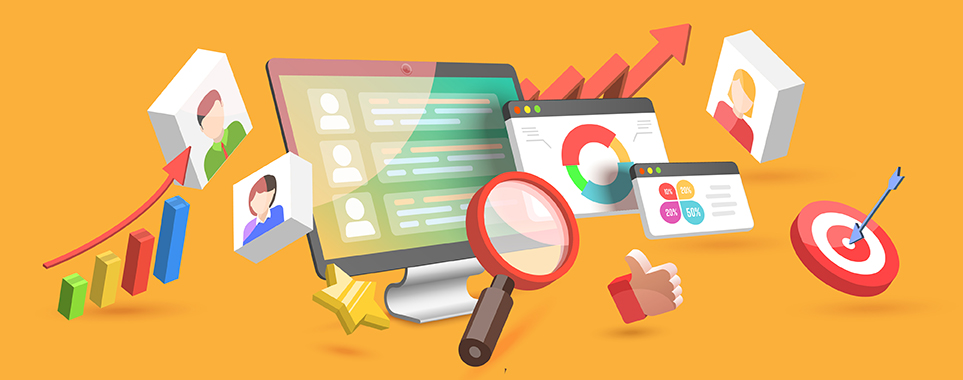
The result? Strong customer relationships, higher lifetime value, and better data. Loyalty programs allow you to track customer behavior, personalize marketing, and build emotional connections that coupons can’t deliver. They create a sense of belonging and appreciation, making customers feel like insiders, not just shoppers.
More importantly, loyalty programs are scalable and customizable. Whether you operate a boutique or a retail chain, you can customize rewards to fit your brand and customers’ preferences.
Using Coupons and Vouchers Within a Loyalty Strategy
Smart businesses integrate coupons and vouchers into their loyalty programs to create the best of both worlds. For instance:
- Offer exclusive discount vouchers to loyalty members as a tier-based reward.
- Make use of limited-time coupons to re-engage inactive members.
- Offer birthday discounts or anniversary vouchers as a part of personalized loyalty perks.
- Send targeted voucher offers based on a member’s purchase history or buying preferences.
In this way, discounts become a strategic tool, reinforce customer loyalty, and boost customer retention.
Loyalty Programs: The Ultimate Winner
Coupons and vouchers can create a quick buzz, but loyalty programs build long-term value. If you want repeat customers, strong branding, and high profitability, a well-designed loyalty program proves the more sustainable option. When used wisely, coupons can support your loyalty efforts without undercutting them.
Conclusion
Coupons and vouchers do have their own impact, but the benefits of a loyalty program also have an altogether different impact on customer retention. It builds long-term value and significantly contributes to your business’s growth. If you want loyal customers, effective branding, and increased profit margins, then a well-designed loyalty program is the best solution.
Posted on Apr 28, 2025



